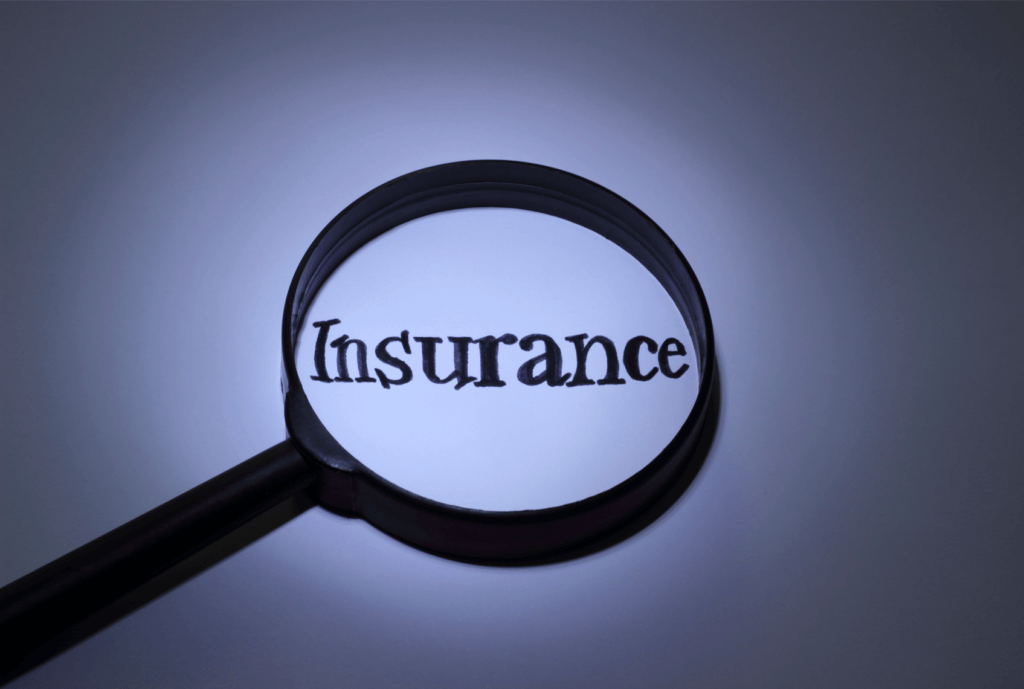
Quick Links
What is insurance?
Risk pooling
What is insurance for?
What is insurance not for?
Self-insurance and partial self-insurance
Types of insurance
What is insurance?
Insurance is a way to protect against the risk of unexpected financial loss. The customer (or ‘policyholder’) and the insurance company (or ‘insurer’) enter into a legal contract, where the policyholder pays an agreed amount, called a ‘premium’, to the insurer – usually regularly, such as monthly or annually – in exchange for the insurer to pay the ‘insured’ an agreed amount of money in case of a specified event, such as theft, property damage, injury, illness, or death.
The policyholder and the insured are not always the same. For instance, with life insurance, the policyholder could be the breadwinner of the family, who takes out and pays for the policy, and the insured could be the stay-at-home parent who gets paid out.
Risk pooling
The need for insurance exists due for a need to pool risk with a large group.
Let’s say that in any one year, there was a 1 in 1,000 chance of having your partner die or becoming disabled and being left unable to ever work again and being left to financially support yourself and your family (as well as pay off the mortgage, maintain basic living expenses and quality of life expenses, and saving for retirement). If the lost income for the remainder of their years totalled a million dollars, then mathematically, your risk is $1,000,000 x 1/1,000 = $1,000.
Unless you were able to save up a million dollars to self-insure, that could wipe you out financially, and self-insuring by putting away $1,000 each year won’t cover you in the event of the risk showing up.
This is where pooling (or sharing) the risk comes in. If a thousand people each contribute $1,000, and one in those 1,000 people died or became permanently disabled, they would be covered financially by those where the risk did not occur. The times where the risk occurs is compensated from the pool. Pooling is what insurance companies do.
If you have a small chance of a catastrophic event occurring that you cannot recover from financially, pooling provides a safety net that cannot be met on your own.
What is insurance for?
Insurance is for financial losses you can’t afford to bear. If your house burned down, are you able to come up with the $300,000 or more to build a new house on your land? What about if you became permanently disabled – could you support yourself financially for the rest of your life when you are no longer able to work? If the answer is no, then you need insurance.
What is insurance not for?
Insurance should generally only be for events where you cannot bear the loss and cannot self-insure. This is because a percentage of premiums paid to insurance companies are used for administrative costs and shareholder profits. As a result, the total collective amount paid out in benefits is lower than the total collective amount of premiums paid. So insurance for anything you can afford to replace or fix yourself is wasted money.
Self-insurance and partial self-insurance
Self-insuring is putting away some money for potential loss instead of purchasing insurance, and you then pay for the loss yourself rather than claiming from insurance. Examples include low value items like phones, laptops, sports gear, or even a cheap, old car if you can afford to buy another one.
Paying a larger ‘excess’ (an amount you pay before the insurer then contributes the rest, up to the limit of the cover) is an example of partial self-insurance. A larger excess means you’ll bear the cost of any minor risks occurring but still be protected if something goes terribly wrong, and overall, you will typically be financially better off.
Types of insurance
There are 3 broad categories of insurance.
- Life insurance – is insurance payable on death, disability, and illness.
- General insurance – is for a range of insurances that are not life insurance or health insurance. For instance, home and contents, motor vehicle, travel, business/commercial, etc.
- Health insurance – helps you pay hospital and medical costs that are not covered by Medicare.
Life insurance will be the focus of our articles on insurance, and that will be the start of the next article.
General insurance will be touched on only briefly after those articles.
Health insurance is not a financial product, but there may be articles put up on it in the future.
